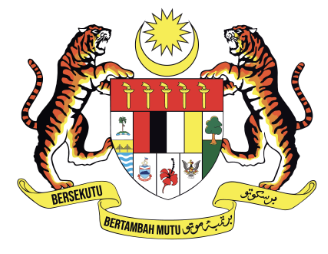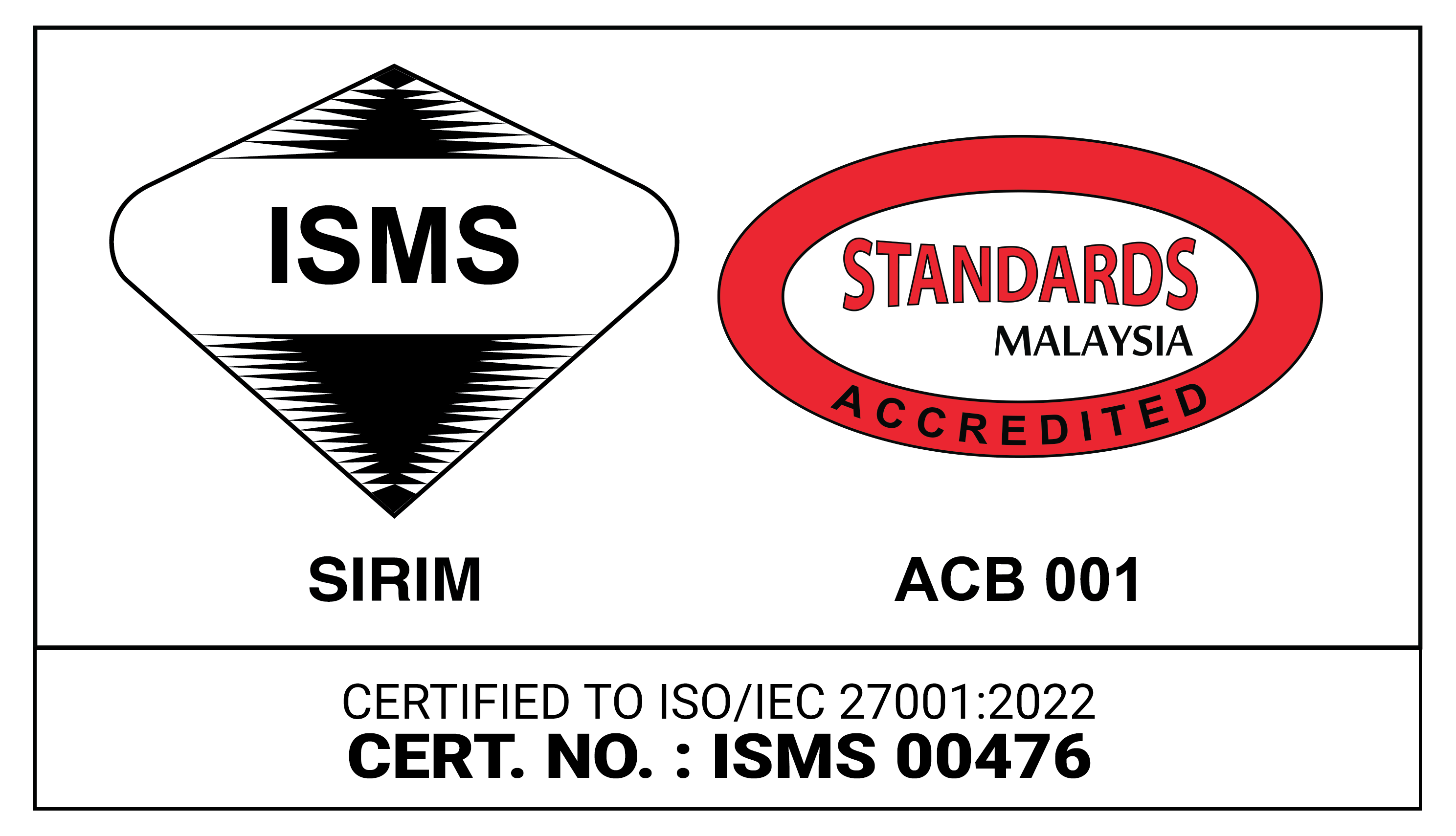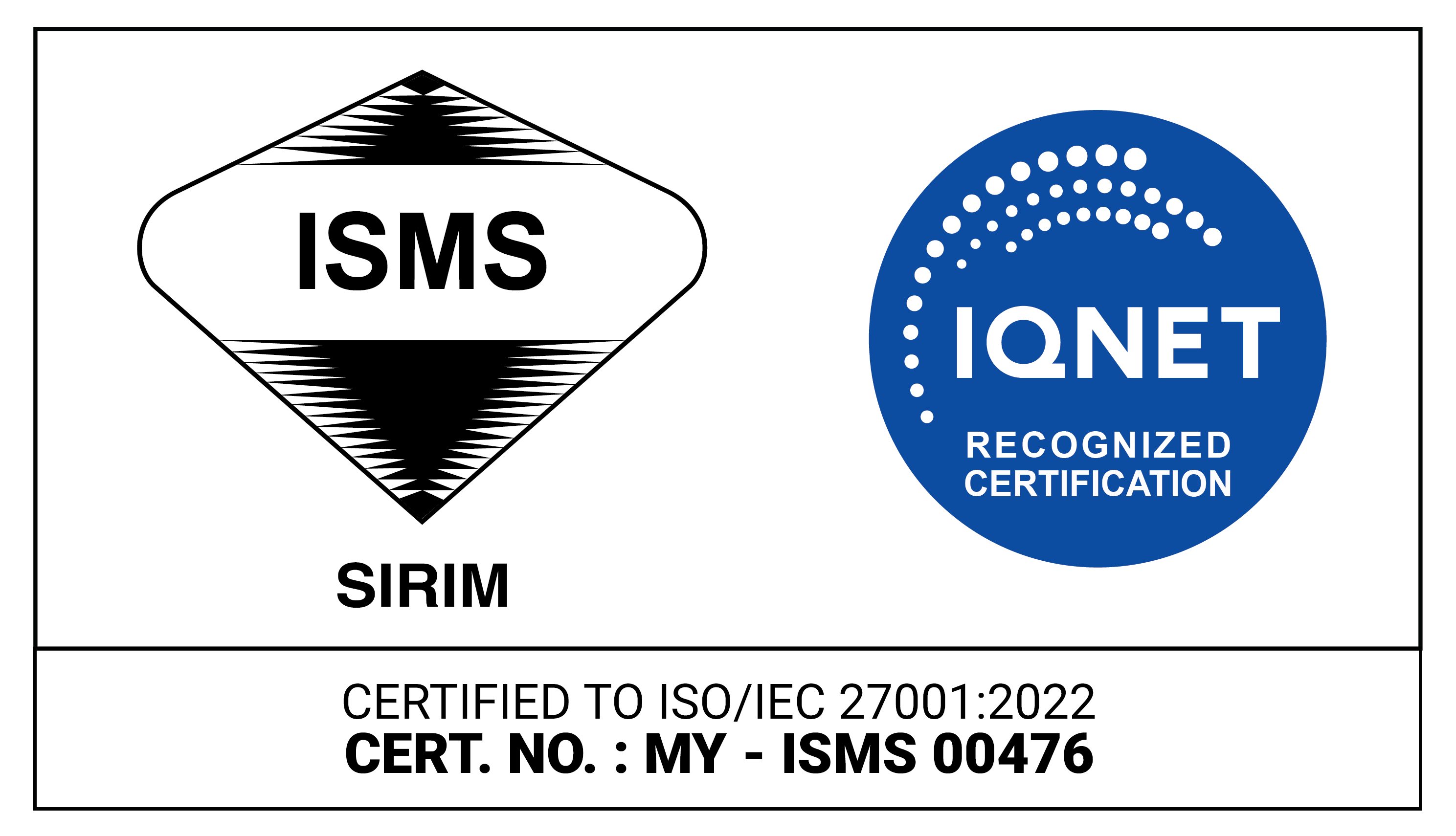
SPEECH 3:
DINNER MEETING WITH THE CIVIL SOCIETY ORGANIZATIONS
(CSOS) AND EUROPEAN ALLIANCES, 30th MAY 2023
SALUTATION
- E. Airlangga Hartarto, Coordinating Minister for Economic Affairs, the Republic of Indonesia
- YB Datuk Haji Len Talif Salleh, Deputy Minister Urban Planning, Land Administration and Environment, Sarawak, Malaysia
- Dato’ Haji Mad Zaidi Bin Mohd Karli, Secretary General, Ministry of Plantation and Commodities, Malaysia
- Dr. Musdhalifah Machmud, Deputy Minister for Food and Agribusiness, Coordinating Ministry for Economic Affairs, the Republic of Indonesia
- E. Dato’ Ahmad Rozian Abd. Ghani, Ambassador of Malaysia to Belgium, Luxembourg, and the European Union
- E Dr. Andri Hadi, Ambassador of the Republic of Indonesia to the Kingdom of Belgium
- E. Arif Havas Oegroseno, Ambassador of the Republic of Indonesia to the Federal Republic of Germany.
- HE Mr. Ambassador Muhsin Syihab, Senior Advisor to the Minister on Inter-institutional Relations/Acting Senior Advisor to the Minister
on Economic Diplomacy, Ministry of Foreign Affairs of the Republic of Indonesia
- Eddy Abdurrachman Usman, President Director, Palm Oil Plantation Fund Management Agency (BPDPKS)
- Mohamad Helmy Othman Basha, Chairman of Malaysian Palm
Oil Board
- Dato’ Carl Bek-Nielsen, Chairman of Malaysian Palm Oil Council
- Viviane de Pierrefeu, Chargée d'Affaires a.i., Embassy of Honduras in Brussels
- Dr Rizal Affandi Lukman, Secretary General, CPOPC
- Datuk Nageeb Wahab, Deputy Secretary General, CPOPC
- First of all, I would like to thank everyone and the organiser for your commitment to attend and engage with us this evening. I do not think my trip will be complete without meeting and connecting with all of you. Indeed, this is an opportune time to be in touch with all of you and share some insights that might be of your interest. Your presence and support reflect the strong commitment towards a sustainable and responsible business practices / sustainability journey of the palm oil industry.
- For decades, the agricommodity sector has become the important tools in uplifting the livelihood of the small holders and also contributes significant economic development across the globe. Sustainability has become the global concern in ensuring products marketed to the consumer are free from any risk of deforestation and forest degradation.
- The EU has always been an important market for Malaysian palm oil, with total imports of 1.47 million tonnes of Malaysian palm oil recorded in 2022. The EU is also at the forefront in championing the sustainable palm oil agenda. According to a September 2022 report titled “Sustainable Palm Oil: Europe’s Business”, the EU is by far the largest consumer of Certified Sustainable Palm Oil (CSPO) and accounts for 45% of total global CSPO use. This also places Europe as an important partner in stimulating the demand for sustainable palm oil in other nations.
- However, there are rising concerns in the EU on the sustainability of agriculture commodities and their impact on climate change, environment, and biodiversity. This is reflected in recent developments, where a number of impending sustainability-related legislations undermines all the sustainability achievements and progress in the palm oil industry.
- As you are all aware, The EU Council and Parliament reached a provisional deal on a proposal to minimise the risk of deforestation and forest degradation associated with products that are imported into or exported from the European Union through the implementation of European Union Deforestation Regulation (EUDR) on 6th December 2022.
- As a producing and trading country, Malaysia is deeply concerned over the developments of the EUDR, targeting commodities including palm oil, timber, cocoa, and rubber. This unilateral initiative is detrimental to free and fair trade, and could result in adverse impacts on global supply chain. Some aspects of the riskassessment process of the Regulation are counter-productive to commitments to curb global deforestation and run the risk of disincentivizing producing countries.
- In our perspective, this regulation introduced by the EU is a form of discrimination and unnecessary trade barriers. It will only place additional burdens on Malaysian palm oil exporters to access the EU market, particularly the additional traceability requirements and data that must be provided to end-customers based in the EU.
- I wish to point out that the concept of sustainability under the United Nation Sustainable Development Goals (UNSDGs) extends beyond just the sole idea of forests. In fact, the UN’s definition of sustainability is extremely clear: social and economic sustainability is on an equal plane with environmental. In most definitions of sustainability, we also find concerns for social equity and economic development.
- Malaysia accentuates the need for a balanced approach between achieving development goals and climate ambition. The 2030 SDGs remain the utmost priority for Malaysia. To reflect our commitment, we have embarked on sustainability initiatives including national certification schemes, such as the Malaysian Sustainable Palm Oil (MSPO) certification scheme, Malaysian Timber Certification Scheme (MTCS) and Sustainable Forest Management (SFM) practices, with a view to facilitating access into the EU Single Market.
- For instance, our MSPO standards is constantly evolving and improving. Major revisions in 2022 introduced more stringent standards, including:
- A cut-off date of 31 December 2019 for deforestation which meets the EUDR’s cut-off date
- Identification of greenhouse gas emissions and monitoring plans for GHG reduction
- Introduction of new guidance on free, prior and informed consent (FPIC)
- Safeguarding of human rights defenders and whistleblowers
- Not only that, Malaysian government is also committed to the key policies relating to sustainable palm oil, these include:
- Stopping planting on peatland areas and strengthening regulations on existing oil palm cultivation on peat land,
- Banning the conversion of forest reserve areas for oil palm cultivation, and
- Pledging to make oil palm plantation maps available for public access.
- EU’s justifications for promoting this regulation are based on unsound reasoning and has a weak scientific basis. Malaysian palm oil is sustainable, and is one of the most certified vegetable oils inthe world today. The Malaysian Sustainable Palm Oil (MSPO) standard already guarantees Malaysia’s commitment to comprehensive sustainability standards. Malaysia will continue to provide sustainable and deforestation-free palm oil to our European and global customers. We believe there is no need to add further costs and burdens to the industry especially to the smallholders.
- Therefore, with persistent dedication and initiatives taken by Malaysian government in ensuring our agricommodity products are sustainably produced, I wish my presence with Malaysian delegations here in Brussels would provide clear clarification to the EU on the challenges and constraints faced by Malaysia in meeting the EUDR requirements, and also able to firmly enlighten our counterparts in the EU with clear message to recognise Malaysia’s progress and efforts to reduce deforestation.
- It is also my sincere hope that all of you here today will continue to support our initiatives and efforts in countering anti-palm oil campaign, by becoming our strategic partners to promote and share right information of our sustainable agricommodity products. We really appreciate your support as a part in the palm oil supply chain in order to realise our shared goals of striking a sustainable balance between the environment and socio-economic needs, as well as upholding the highest standards of sustainability and responsible practices.
- Thank you.








